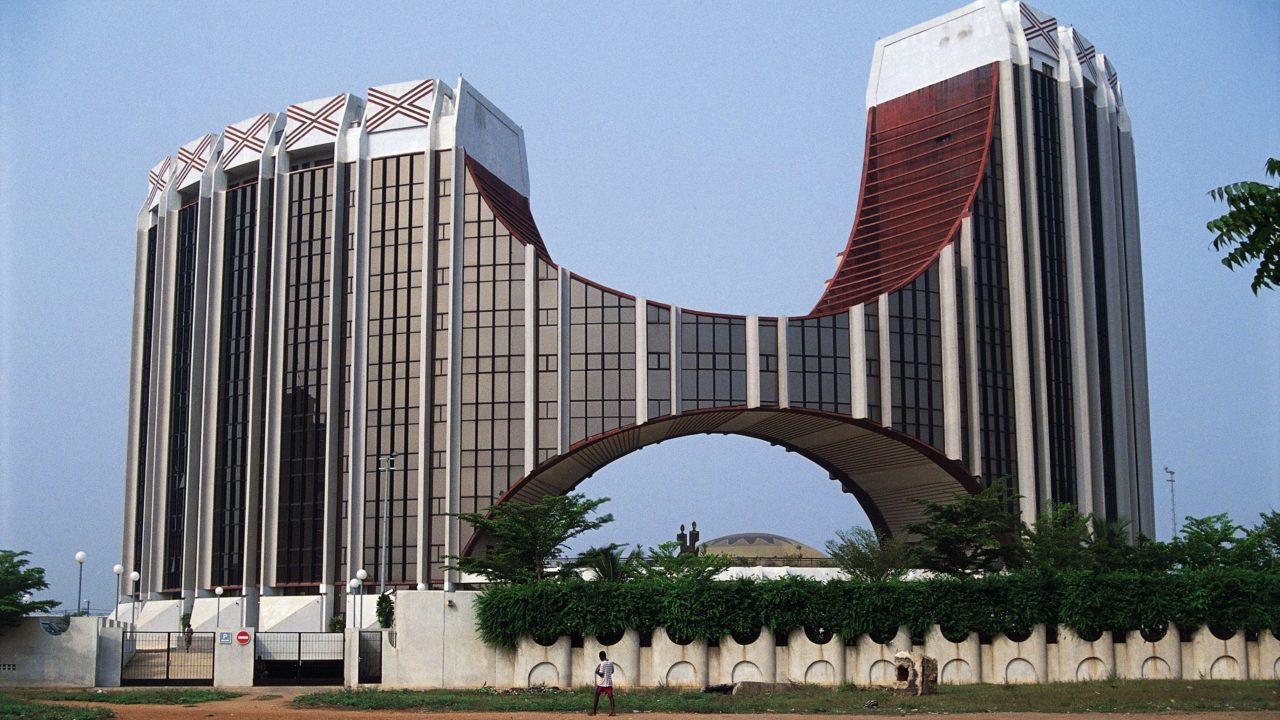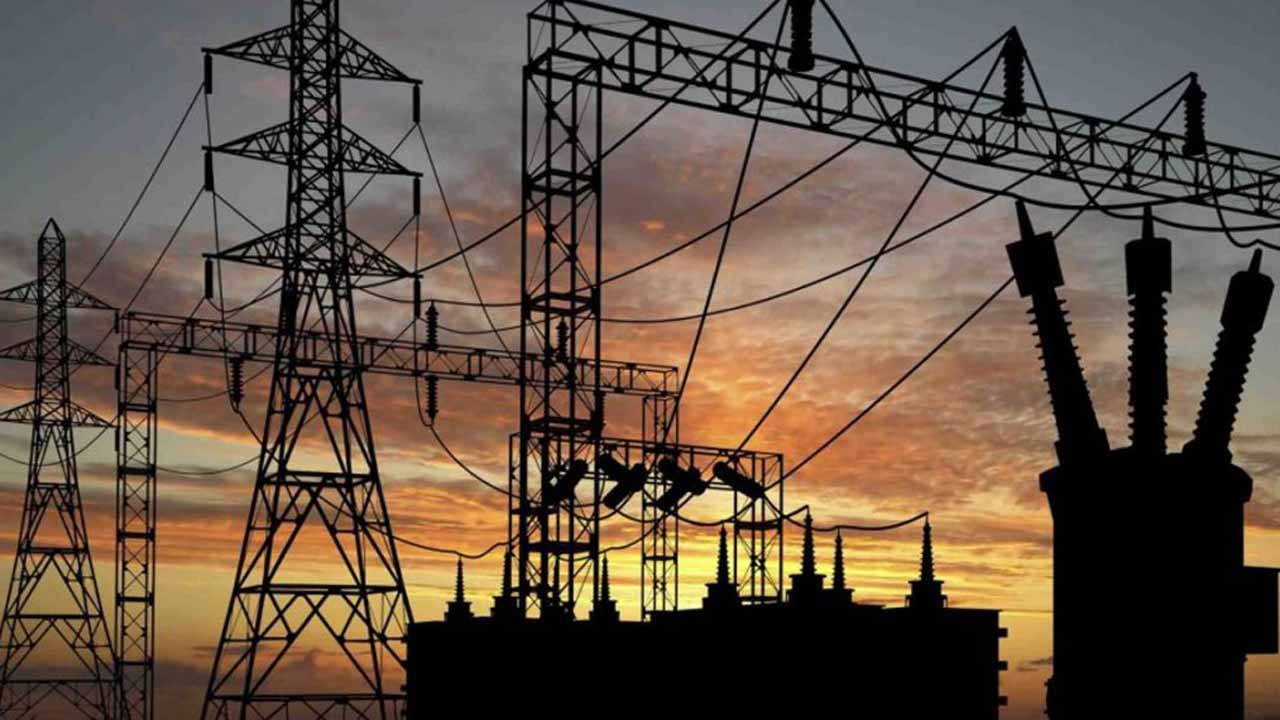
They made the submission at the Centre for the Promotion of Private Enterprise (CPPE) workshop/roundtable on ‘Cross-Border Trade in West African sub-region: Prospects, challenges and way forward’ held yesterday, in Lagos.
The Consul General, Ghana Consulate, Ms Samata Gifty Buhari, lamented that disunity and cultural divide were limiting trade across the West African region.
“The trade between African countries compared to that between Africa and Asia is very low. There is unfair trade between African countries. African countries prefer to trade with Asia and other continents than among themselves despite having all the resources and goods for trade.
“Conditions for travelling with goods anywhere in Africa are unfavorable and hinder trade. The tariffs and other conditions are unfavorable. Benin Republic is requesting transit duty on goods moved within Africa and this is very unfair.
“Coming from Ghana with any goods to Nigeria or other countries, Benin Republic requests for payment of transit duty on the goods, yet we talk about the African Union and African Continental Free Trade Area (AfCFTA). This will not work with such situations,” she explained.
She noted that despite the existence of ECOWAS and AfCFTA, nothing would work if countries would not change their attitude towards themselves, saying: “We shouldn’t be seen to have cruelty among ourselves.”
In his address, the Minister of Industry, Trade and Investment, Adeniyi Adebayo, said for Nigeria to effectively participate and benefit from the AfCFTA, the issues of international trade in terms of clearance of imports and exports, need to be improved.
The minister stressed the challenges experienced in cross-border trade to include lack of infrastructure, lack of common currency, the difference in languages, high cost of doing business, political instability, insecurity in the sub-region, corruption, harassment and informal trade.
Others are non-adherence to ECOWAS protocols, capacity/supply-side constraints, lack of adherence to standards and quality control, dependency on inappropriate technology, poor inter-intra sectoral linkages and lack of trade information service to provide vital information on trade
The minister, who was represented by the Director of Trade, Aliyu Abubakar, said to address the challenges, African leaders must create a more enabling environment for cross-border trade, implement the World Trade Organisation (WTO) Trade Facilitation Agreement (TFA) and Trade Facilitation West Africa programme and provide trade-related infrastructure.
Other solutions include the need to improve cross-border agencies’ cooperation, address corruption/extortion and insecurity challenges in the sub-region, improve port services and development of inter-modal transport system, continuous stakeholder engagement and collaboration and political commitment.
The Ag. Comptroller General of Nigeria Immigration Service, Idris jere represented by Assistant Comptroller Zone 2, Ikeja, Olakunle Osunsanya, said Ghana has occasionally been violating the principle of West Africa as they impose tariffs on trade on Nigerians doing businesses over there.
He said another major challenge is the cultural divide, especially Benin Republic which only favours trade among its citizens while allowing others to suffer from the stiff tariffs imposed on businesses.
He also said colonial heritage, the multiplicity of agencies causing rivalry, lack of unity among countries was limiting the region from achieving maximum cooperation in the facilitation of trade.
Earlier in his speech, the Chief Executive Officer, Centre for the Promotion of Private Enterprises, Dr. Muda Yusuf, said it is very important for the political leadership of the countries of the African sub-region to demonstrate better political will and commitment to economic integration.
Yusuf noted that integration is the main vehicle for boosting trade within the region, adding that with a robust African market of about 1.4 billion people, significant benefits of economies of scale would be enjoyed by businesses on the continent in the event of full market integration.
He said integration would lower unit costs and enhance competitiveness, adding the African economies would be stronger and their capacity to cope with the challenges of globalisation would be enhanced.
He said it is unfortunate that ECOWAS, which is one of the oldest regional economic communities in Africa, has not achieved much in the area of economic integration.
The Executive Director/Chief Executive Officer, Nigerian Export Promotion Council (NEPC) Dr. Ezra Yakusak, said there should be a focus on the Informal Cross-Border Trade (ICBT) in West Africa, harness the potentials it presents and leverage on it for utmost participation in the African Continental Free Trade Area agreement (AfCFTA).
He said one major characteristic of informal trade is the high-profit margin by the traders as they avoid government tariffs and do not follow laid down procedures and documentation; which sometimes can be cumbersome and time-consuming.






